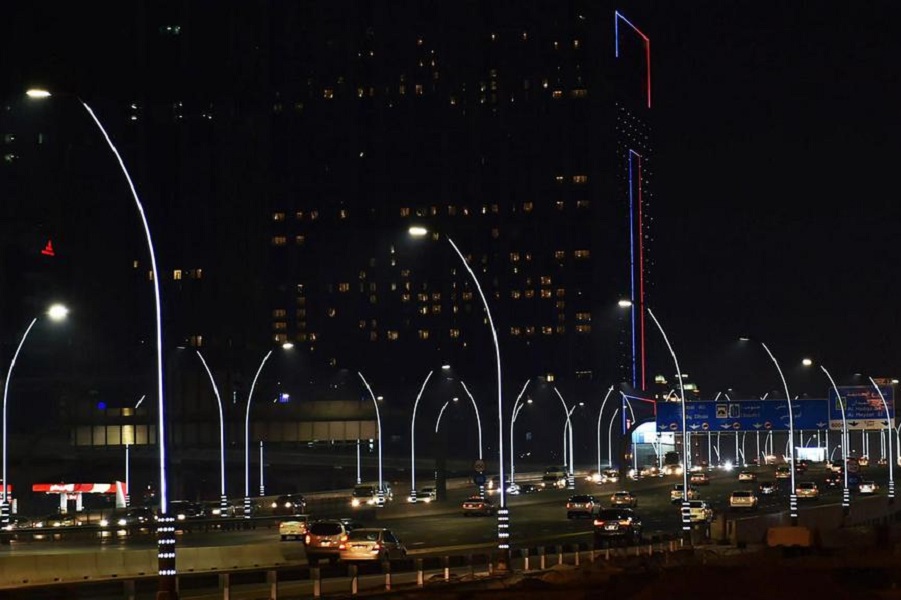Dubai's new super-bright LEDs are illuminating streets and powering homes
By Aliheydar_Rzayev Monday, 27 August 2018 2:57 PM

The big switch to more efficient lighting is paying off for Dubai.
Transport chiefs say they cut harmful carbon emissions by 5,430 tonnes and saved 12 gigawatt hours in energy last year.
It comes after a pilot project to switch to LED lights, amending street lighting hours and switching off lighting in some areas at certain times contingent on security.
LEDs are 90 per cent more efficient; cost 90 per cent less to maintain and can lead to an 80 per cent reduction in harmful CO2 emissions.
Now the city's transport authority has decided to change all of the older high-intensity discharge lamps to new LEDs.
“The resultant power savings are expected to reach 22 gigawatt-hours in 2018 – almost double of that achieved in 2017," said Maitha bin Adai, chief executive of the RTA’s traffic and roads division.
"It is equally important to promote the positive environmental practices as it leads to a substantial change in environmental, economic and social attitudes.”
A gigawatt hour is one million kilowatt hours of electricity. According to regulators in the UK, that is enough to power about one million homes for the same period.
Similar measures are being taken in Abu Dhabi.
Last October, the municipality said it was replacing 42,632 older, inefficient lighting fixtures across the island with LEDs.
The National




























Add new comment